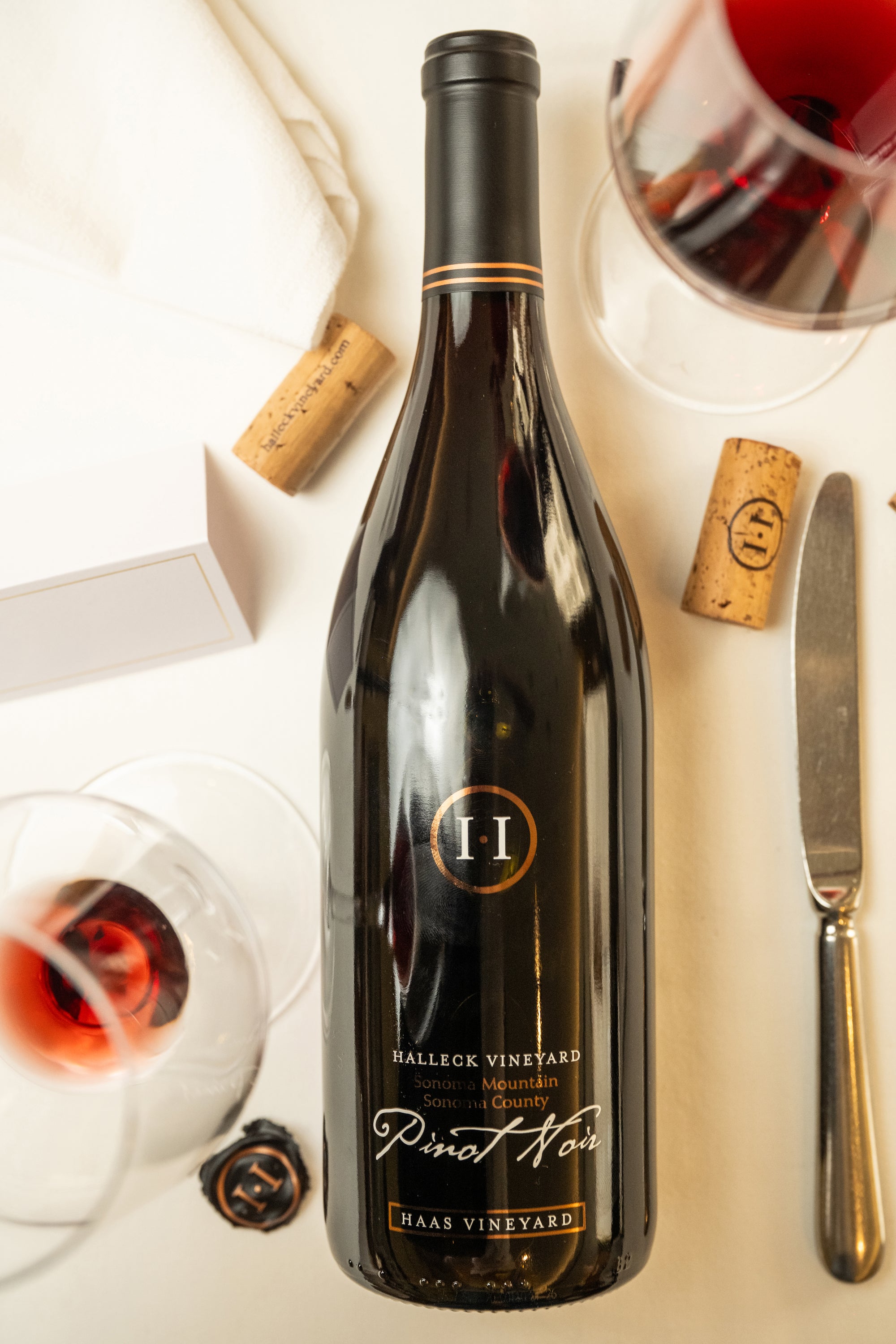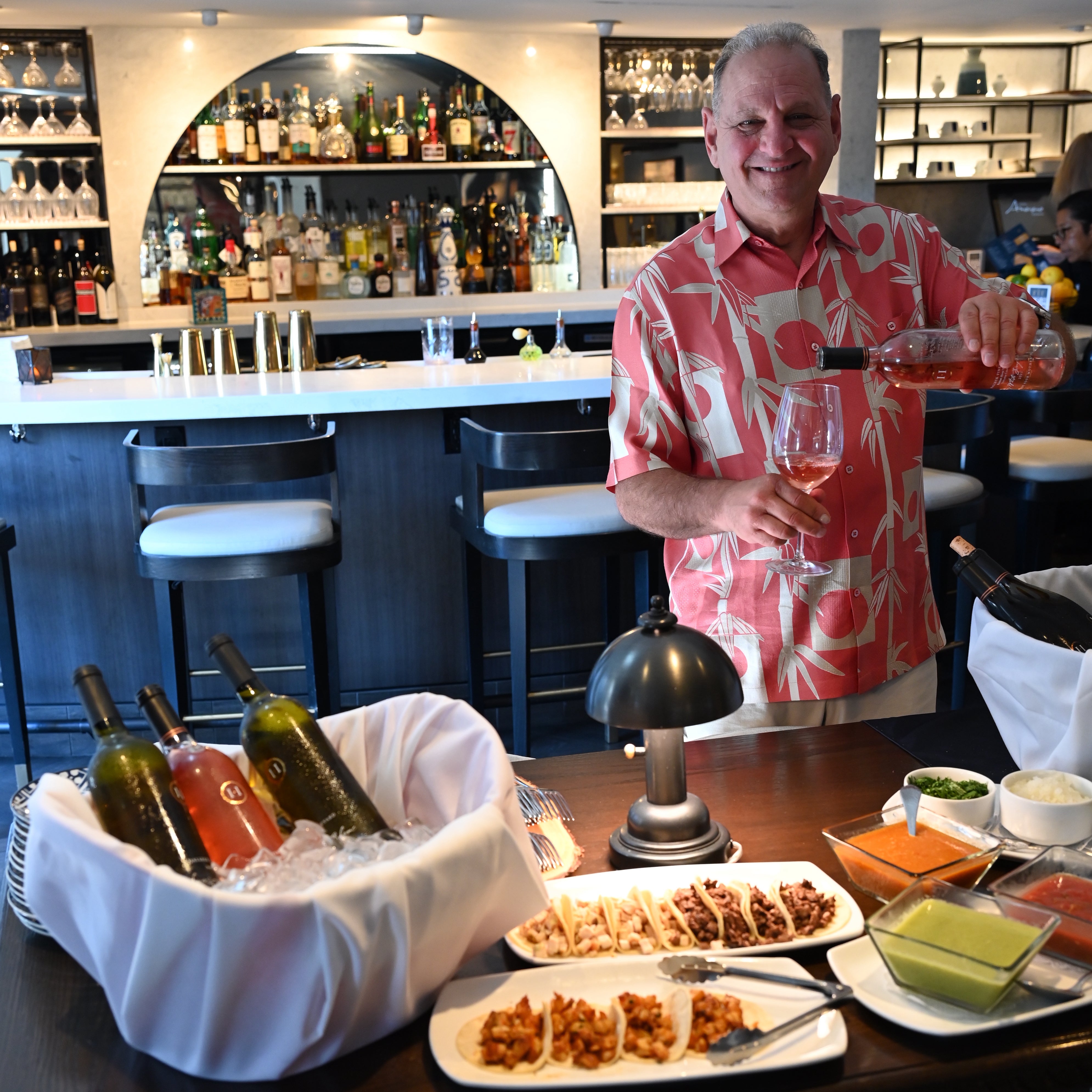Wineries Ideal For Large Groups - Sonoma's Hidden Winery Gems
Wineries Ideal For Large Groups - Sonoma's Hidden Winery Gems
Blog Article
Wineries With Picnic Areas - A Guide To Sonoma Wineries
Wine tasting is usually considered an art type, one that goes past merely having fun with a beverage. It embraces a complex interaction of flavors, aromas, and textures that requires devoted practice to truly grasp. Many who venture into the world of wine tasting rapidly realize that it entails far more than just sipping wine. Improving sensory skills by way of dedicated winery wine tasting can elevate the experience, remodeling an informal ingesting occasion into a classy exploration of the senses.
At a primary degree, wine tasting engages the senses of sight, smell, taste, contact, and even sound. Each part performs a crucial position in appreciating the nuances of a wine. When one first pours a glass of wine, the wealthy hues can provide preliminary insights into its age and varietal. Observing the colour and clarity helps type expectations about the wine's flavor profile. Many don’t absolutely respect how this visual assessment can set the stage for what's to follow.
The next step is to interact the sense of scent. Swirling the glass aerates the wine, permitting its unstable compounds to flee and fill the air with its bouquet. The nostril entails some fascinating layers—different aromas can signal numerous elements of the winemaking process, including the type of grapes used, fermentation strategies, and getting older conditions. Creating a eager sense of scent can be a game-changer in wine tasting.
Wineries Near Santa Rosa - Exploring The Vineyards In Sonoma County
To improve this sensory skill, wine enthusiasts are sometimes inspired to take part in dedicated tastings at wineries. These tastings enable people to focus solely on the sensory experience (Wineries Specializing In Sparkling Wines). Tasting classes led by knowledgeable sommeliers or winemakers can offer insights into figuring out distinct aromas. Studying to differentiate between floral, fruity, earthy, and spicy notes can empower a taster to articulate their experience with greater precision.
As one practices their sensory talents, they might uncover that their style preferences evolve. This transformation usually happens after multiple tastings. A wine that originally appeared overwhelming might reveal hidden layers of complexity with a bit of experience. Understanding how to isolate individual flavors corresponding to acidity, sweetness, bitterness, and umami contributes considerably to the general wine experience.
One Other essential component in enhancing sensory skills is the context during which wine is tasted. Environmental elements like temperature, lighting, and even the company present can influence perceptions. At a winery, an optimal setting can reduce distractions and allow a extra profound exploration of the wine (Wineries In Sebastopol). Working Towards aware tasting techniques encourages a extra immersive experience, allowing tasters to hone in on their senses.
It isn't solely about particular person perception, though. Partaking with others during a tasting can also improve sensory skills. Sharing notes and discussing impressions fosters a deeper understanding of the wine. This collaborative strategy encourages members to articulate their sensory experiences, thereby broadening their linguistic repertoire associated to wine tasting.
Wineries Pairing Wine With Chocolate - Enjoying A Vineyard In Sonoma
Additionally, pairing wine with food can significantly enhance the tasting experience. Completely Different combos can deliver out unique flavors in both the wine and the dish. As one tastes a wine alongside explicit meals, they can begin to acknowledge how certain parts in the wine complement or contrast with what they are consuming. This skill of pairing is one other layer that enriches sensory improvement.
Coaching one’s palate can involve a variety of workouts. Some enthusiasts engage in systematic tasting experiences, sampling a range of wines that showcase completely different varietals, areas, or vintages. Exploring this range can sharpen the ability to discern nuances throughout totally different wine profiles. Over time, this practice builds a mental library of flavors that can be accessed throughout future tastings.
Notably, written notes serve a dual function: organizing one’s thoughts and reinforcing reminiscence. By writing down observations about every wine, tasters can track their progress over time. Detailing the traits of wines assists in solidifying information, ultimately deepening one’s appreciation of what they devour.
Furthermore, attending workshops or classes centered on sensory analysis can be beneficial. Many wineries offer these educational packages to help people refine their skills. Typically, trained instructors guide members by way of structured tastings, focusing on particular components of the wine. This stage of training reinforces the sensory skills asynchronously and challenges tasters to contemplate their experiences from completely different angles.
Wineries Located Near Russian River Valley - Sebastopol Wine Experiences

Over time, the commitment to improving sensory skills via dedicated winery wine tasting can yield vital rewards. The enjoyment derived from wine turns into layered and multifaceted. No longer limited to a easy preference for "pink" or "white," tasters begin to appreciate the stories behind each pour. They cultivate a palette able to navigating the advanced panorama of flavors with confidence.
In conclusion, the journey of enhancing sensory skills through dedicated winery wine tasting is as rewarding as it is enjoyable. It requires focus, dedication, and a willingness to learn, but a fantastic read the outcomes far exceed the initial effort. By engaging a number of senses and participating in considerate discussions, people not solely turn out to be more adept at figuring out flavors but additionally develop a deeper appreciation for the craftsmanship behind every bottle. The process transforms wine from a mere beverage into a rich tapestry of sensory exploration that beckons enthusiasts to delve deeper. As skills improve, so too does the enjoyment, enriching life experiences one sip at a time.
Wineries Offering Private Events - Top-Rated Wineries In Sebastopol
- Partaking the palate by way of diverse wine varieties enhances the power to differentiate flavors and aromas, refining total sensory perception.
- Collaborating in guided tastings promotes centered attention on delicate characteristics of every wine, nurturing important tasting skills.
- Studying to identify specific grape varieties fosters a deeper understanding of terroir, which aids in recognizing regional flavor profiles.
- Incorporating food pairings throughout tastings can heighten sensory awareness, as totally different tastes can affect each other and alter perceptions.
- Working Towards the art of swirling and nosing wines permits individuals to connect olfactory cues with style, improving the flexibility to articulate sensory experiences.
- Attending workshops that emphasize blind tastings trains participants to rely purely on their senses rather than preconceived notions, enhancing objectivity.
- Elevating sensory skills can lead to better wine selection abilities, empowering individuals to make informed decisions based on personal preferences.
- Participating with educated sommeliers presents insights into wine-making processes, which deepens sensory appreciation and enhances vocabulary for describing wines.
- Regular participation in tastings encourages memory development of flavors and aromas, aiding within the formation of a personalized sensory profile over time.
- Sharing tasting experiences with peers fosters discussion, promoting communal learning that can enhance individual sensory skills through collaboration.undefinedWhat is the purpose of enhancing sensory skills by way of wine tasting?

Bettering sensory skills through wine tasting allows people to enhance their capability to determine and respect the varied aromas, flavors, and textures of wine. This heightened sensory awareness can lead to a deeper understanding of wine and an general enriched tasting experience.
Wine Tasting Events In Sonoma County - Best Winery Located In Sonoma
How can I develop my sensory skills at a winery?
You can develop your sensory skills at a winery by participating in guided tasting sessions that target particular varietals. Interact with educated employees who can provide insights and encourage you to take notes in your impressions, enhancing both your observational and descriptive talents.
What should I count on throughout a dedicated wine tasting experience?
Wineries Renowned For Cabernet Sauvignon In Sonoma - Vineyard Experiences In Sonoma
During a devoted wine tasting experience, anticipate to pattern a choice of wines whereas receiving focused training about every one. You May study about the winemaking process, tasting techniques, and how to discern different sensory characteristics, all in a relaxed setting.

Is prior data of wine essential to learn from a sensory skills workshop?
- Elegant Wine Tasting Locations In Sonoma
No prior information of wine is critical; the workshops are designed for all ranges of experience. Newbies will find valuable info to construct from, while seasoned tasters can refine their skills and expand their palate even additional.
How do sensory skills impact my total wine appreciation?
Best Chardonnays From Sonoma Winemakers - Sonoma’s Lush Vineyard Landscapes
Bettering sensory skills significantly enhances your general vineyard wine appreciation by allowing you to establish subtleties and complexities in wines. This deeper understanding enriches your tasting experience and helps you make informed selections primarily based on personal preferences.
Are there particular techniques I should use whereas tasting wine to enhance my sensory skills?
Spectacular Vineyard Views In Sonoma - Sebastopol Vineyard Experiences
Yes, employing techniques such as the "SWOT" method (Sight, Swirl, Smell, Sip, Savor) can be beneficial. Pay attention to the wine's look, aromatics, and mouthfeel, and take your time with every sip to totally discover the flavors and sensations.
What kind of wines are sometimes included in sensory skills tastings?
Sometimes, sensory skills tastings include a wide selection of wines that showcase different areas, varietals, and styles. This variety helps participants establish distinct traits and enhances their capability to differentiate between wines.
Can sensory skills workshops be personalized to my tasting interests?
Quaint Wineries In Picturesque Settings In Sebastopol - Sebastopol's Vibrant Wine Scene
Many wineries supply personalized options for sensory skills workshops, allowing you to focus on particular kinds of wines or themes that interest you, similar to organic wines or unique regional offerings. It's best to inquire directly with the winery for tailored experiences.
Is there a way to practice sensory skills after leaving the winery?
Yes, you possibly can practice your sensory skills at home by tasting different wines and preserving a tasting journal. Experimenting with varied food pairings and aromatics can additional improve your understanding of how flavors interact, reinforcing the talents gained at the winery. Report this page